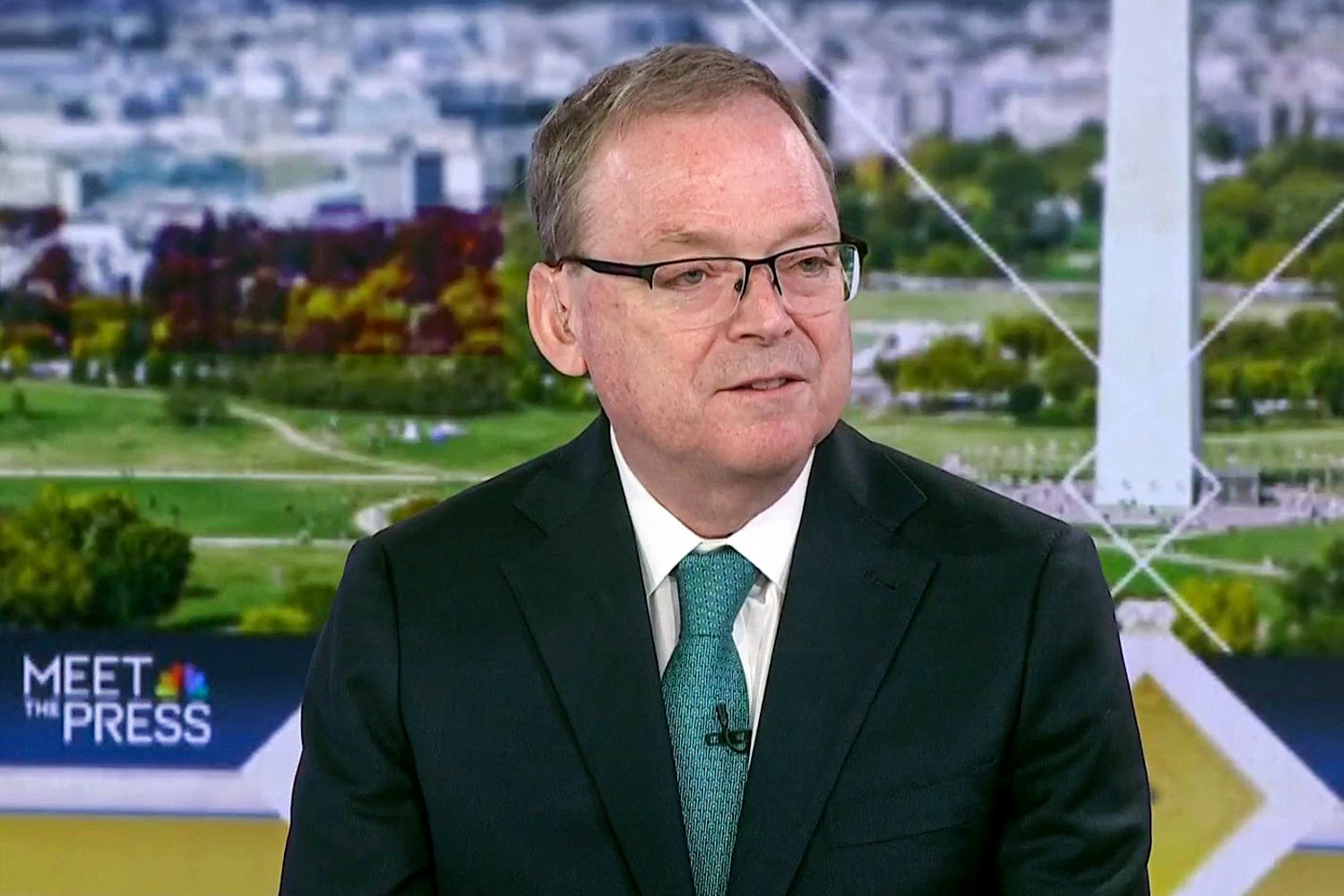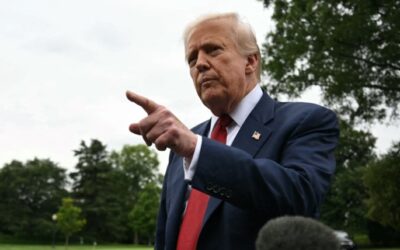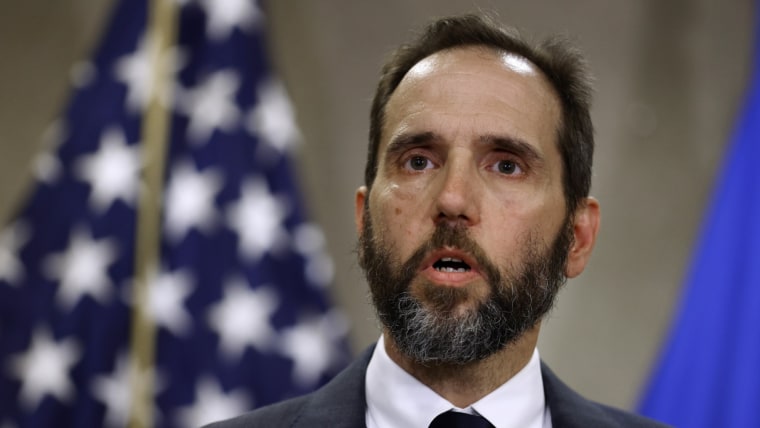White House economic adviser Kevin Hassett defends Trump’s firing of labor statistics head


White House economic adviser Kevin Hassett on Sunday defended President Donald Trump’s decision to fire the head of the Bureau of Labor Statistics, as well as the president’s claim that weaker-than-expected jobs reports were “rigged,” but failed to produce any evidence to support Trump’s claim.
“What we need is a fresh set of eyes over the BLS,” Hassett, the director of the National Economic Council, told NBC News’ “Meet the Press.”
On Friday, the Bureau of Labor Statistics released a monthly jobs report that included weaker-than-expected numbers for July, plus major downward revisions of May and June’s numbers.
In a post on Truth Social on Friday, the president said the jobs numbers were “rigged” and that he’d asked his team to fire BLS Commissioner Erika McEntarfer.
“We need accurate Jobs Numbers. I have directed my Team to fire this Biden Political Appointee, IMMEDIATELY. She will be replaced with someone much more competent and qualified. Important numbers like this must be fair and accurate,” Trump wrote.
In another Truth Social post, the president added, “In my opinion, today’s Jobs Numbers were RIGGED in order to make the Republicans, and ME, look bad.”
On Sunday, Hassett cast similar doubt on the accuracy of the jobs numbers, pointing to past revisions that were made to jobs reports after then-President Joe Biden stopped running for re-election last year.
“There have been a bunch of patterns that could make people wonder. And I think the most important thing for people to know is that it’s the president’s highest priority that the data be trusted and that people get to the bottom of why these revisions are so unreliable,” Hassett told “Meet the Press” moderator Kristen Welker.
He added later in the interview that the Trump administration’s goal was to understand why there was such a sizable revision to past months’ jobs numbers.
“The bottom line is that there were people involved in creating these numbers. And if I were running the BLS and I had a number that was a huge, politically important revision, the biggest since 1968 actually … then I would have a really long report explaining exactly what happened. And we didn’t get that,” Hassett said.
It’s not uncommon for jobs reports to be revised in the months following their release, but Hassett on Sunday emphasized that July’s revision was one of the largest he’s seen in decades.
Trump faced criticism from Democrats and Republicans in Congress on Friday when he decided to fire McEntarfer, with several Republican senators questioning whether the firing would actually help the Trump administration improve future jobs numbers.
“We have to look somewhere for objective statistics. When the people providing the statistics are fired, it makes it much harder to make judgments that, you know, the statistics won’t be politicized,” Sen. Rand Paul, R-Ky., told NBC News on Friday.
“I’m going to look into it, but first impression is that you can’t really make the numbers different or better by firing the people doing the counting,” he added.
On Sunday, Hassett said that installing Trump’s “own people” will help achieve more “transparent and reliable” jobs reports in the future.
“The president wants his own people there so that when we see the numbers, they’re more transparent and more reliable. And if there are big changes and big revisions — we expect more big revisions for the jobs data in September, for example — then we want to know why, we want people to explain it to us,” he said.
Later on Sunday, Sen. Alex Padilla, D-Calif., joined “Meet the Press” and accused the president of trying to “weaponize” the Bureau of Labor Statistics for his own agenda.
Padilla also said that the Senate would evaluate the “independence” of a new BLS commissioner when it comes time to confirm a new one.
“That’s the big question for members of Congress who will have to confirm, members of the Senate, who have to confirm whoever Trump replaces,” Padilla told Welker. “Confirmation hearings are supposed to be about, ‘Is it going to be somebody that will maintain the independence of the Bureau of Labor Statistics,’ like so many other departments and agencies that need to have the independence from the political pressure of the White House to do their job reliably.”
“When [Trump’s] trying to weaponize the Bureau of Labor Statistics, that tells you a lot about their insecurity about the economy and the state of economic affairs,” Padilla added later.
Hassett also spoke about the president’s evolving tariff agenda.
Last week, Trump formalized trade deals with countries including the European Union, Japan, South Korea and the United Kingdom and imposed sweeping tariffs on some of the U.S.’ largest trading partners, like Canada, which now faces a 35% tariff rate on goods not covered by the Canada-U.S.-Mexico trade agreement.
Hassett on Sunday echoed Trump’s statements to NBC News from earlier in the week, indicating that there was still room to make trade deals for nations that hadn’t yet concluded negotiations.
“For the deals that aren’t ready yet. They’re going to get the reciprocal rates soon, and then we would expect that there might continue to be negotiations with those countries,” he told Welker.
Hassett also cast doubt on the idea that higher tariffs on consumer goods could lead to inflation, as economic analysts have been predicting for months.
Instead, Hassett blamed inflation on the Biden administration.
“Every measure of inflation, if you aggregate it, if you look at the top line numbers, is lower than it’s been in five months,” he said, adding later: “So inflation has come down. And inflation has come down for a lot of reasons, but I think the main reason is that we’re no longer printing money and sending it to people like the Bidens did. That’s a recipe for inflation.”





